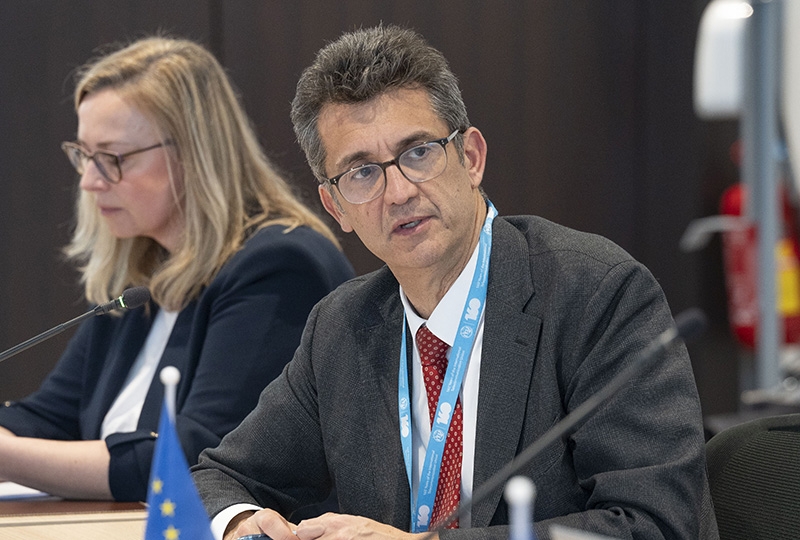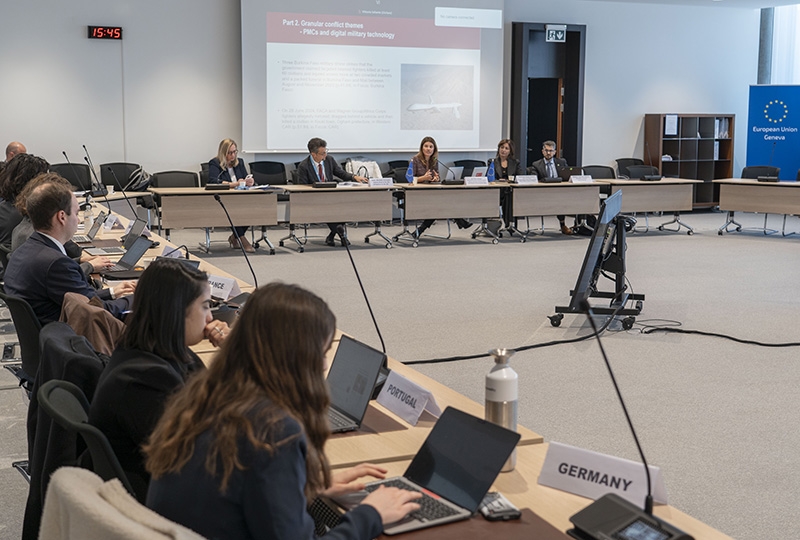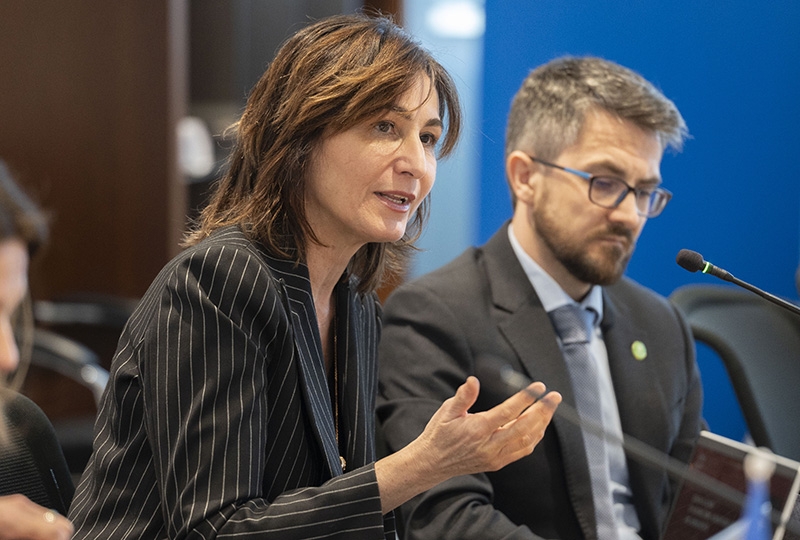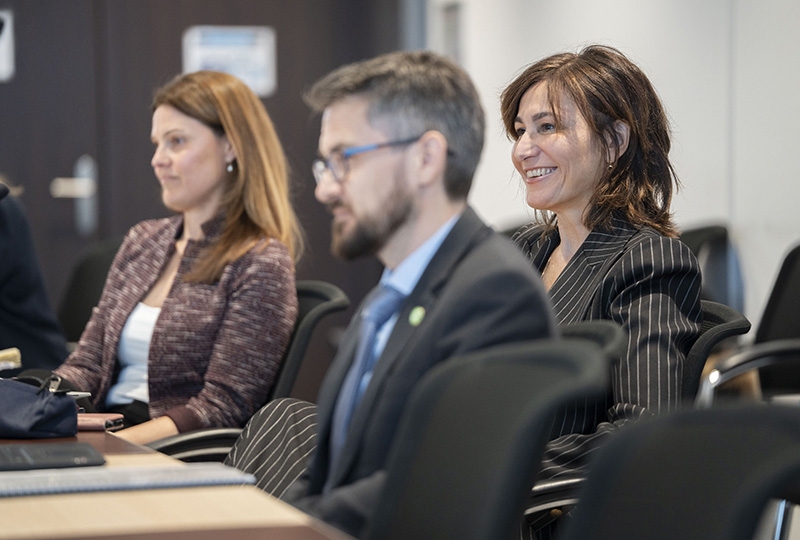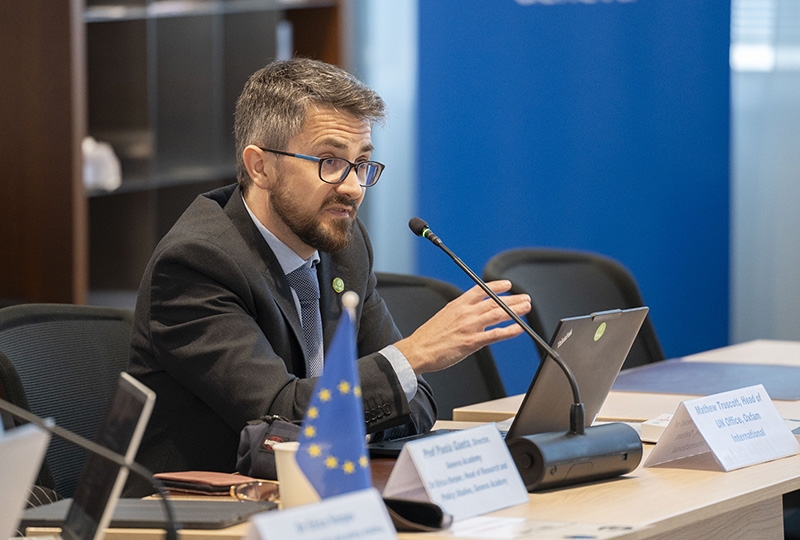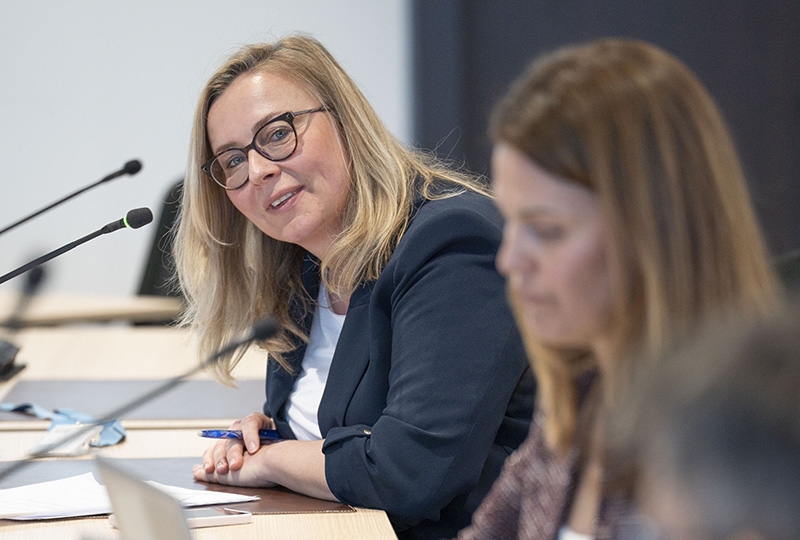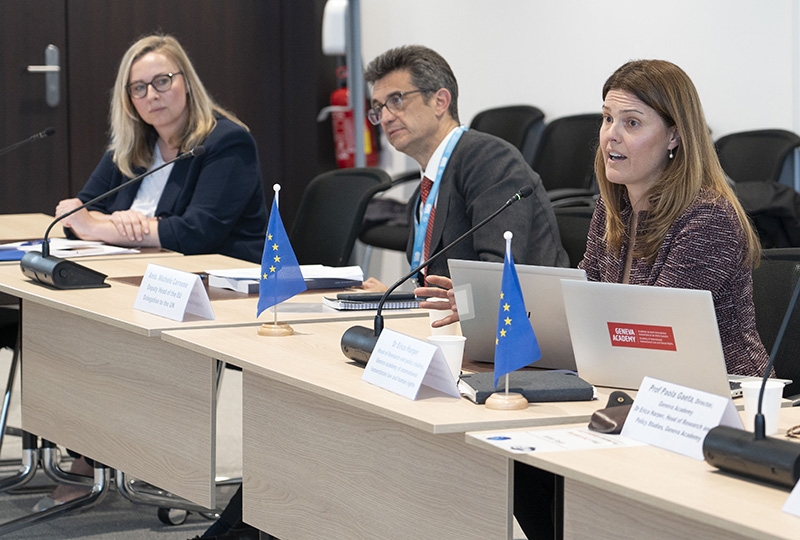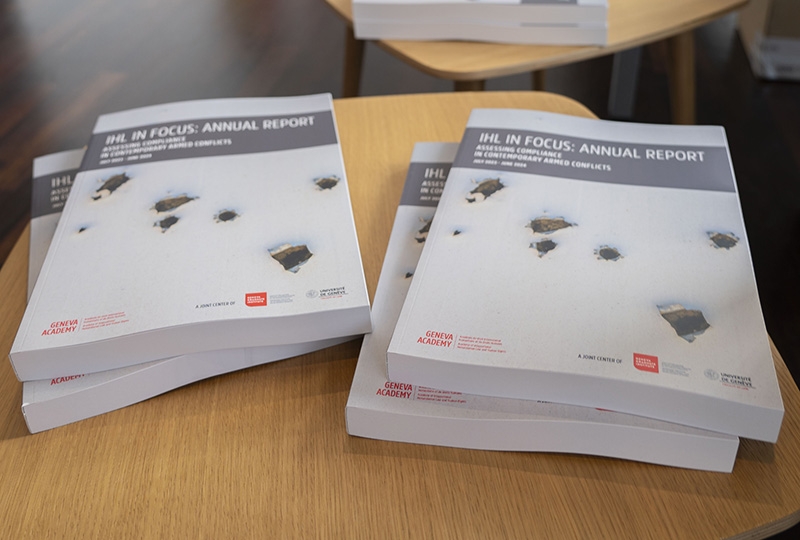Pathways Forward: From Insight to Action
The report concludes with two key takeaways for improving IHL practice globally:
1. Re-establishing Red Lines Through De-escalation
Respect for IHL rules must be non-negotiable. Acts that dramatically escalate conflicts – such as targeting civilians or employing sexual violence – must be confronted head-on. This means scaling up IHL training, especially during peacetime, and prioritizing IHL compliance in diplomatic discussions, whether at the UN, in regional bodies, or in bilateral fora.
2. Investing in Conflict Prevention
With international norms under strain, the need for proactive engagement is more urgent than ever. States must actively realize their obligations under Common Article 1 of the Geneva Conventions to ‘respect and ensure respect’ for IHL. Tools such as UN Security Council Arria-formula meetings, Human Rights Council resolutions, and independent fact-finding missions offer important avenues for influencing actors behaviour during conflict.
Moreover, conflict prevention and de-escalation must consider the risk of recidivism. Post-conflict societies grappling with the legacy of IHL violations – deliberate targeting of civilian infrastructure, torture, enforced disappearances, sexual violence – are particularly vulnerable to relapse. Preventing these situations through better IHL compliance is essential to building lasting peace.
In summary, the IHL in Focus: Annual Report is more than an overview of where the world stands on IHL compliance – it is a wake-up call. As the nature of conflict evolves, so too must strategies for protecting civilians and upholding humanitarian norms. For the international community, the report is both a resource and a roadmap to ensure that IHL remains a cornerstone of global peace and security.
More information and a link to the report can be found here.


